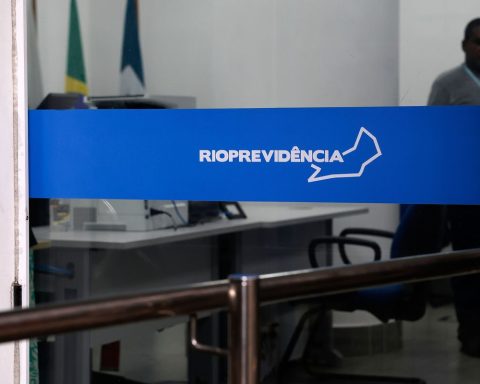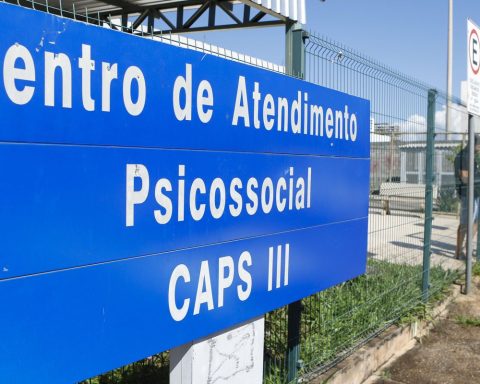The states, municipalities and the Federal District will be able to borrow up to R$ 18 billion from the national financial system in 2022. At the last meeting of the year, this Thursday (16th), the National Monetary Council (CMN) defined the global volume for hiring internal credit operations by local governments.
The same value was set for hiring in 2023 and 2024, in each of these years. Traditionally, the CMN sets the hiring limit year by year, but this time, the body stipulated the limit for the next three years. In a statement, the Ministry of Economy informed that the advance disclosure of the limits will bring more predictability for local governments and financial institutions and will prevent a year from starting without the approved limit, as happened previously.
Of the BRL 18 billion, state and city governments will be able to borrow up to BRL 6.5 billion in loans guaranteed by the Union – in which the National Treasury covers eventual defaults – and BRL 10.5 billion in loans without guarantees.
State companies of qualified state governments may contract up to R$ 1 billion in credit operations without Union guarantee. State companies with their own revenues, included in the Fiscal Responsibility Law for at least ten years, listed in B3 are defined in this category ( the Brazilian stock exchange) and investment grade (attested as a good payer) at the national level.
The limits are defined taking into account the capacity of local governments to contract loans without running the risk of failing to meet the primary surplus targets – savings to pay interest on the public debt. For 2022, the Budget Guidelines Law establishes a surplus of R$ 2.6 billion for city halls and state governments.
The CMN also set at R$ 625 million the limit for credit contracting by agencies and entities of the Union without guarantee from the National Treasury.
The CMN is a collegiate body chaired by the Minister of Economy, Paulo Guedes, composed of the President of the Central Bank of Brazil, Roberto Campos Neto, and the Special Secretary for the Treasury and Budget of the Ministry of Economy, Esteves Colnago.
regulations
At today’s meeting, the CMN also regulated auctions for the recovery of credits granted by the Emergency Program for Access to Credit (Peac) and the Emergency Program for Support to Jobs (Pese), which helped companies affected by the covid-19 pandemic. The agency defined specific procedures for the recovery of unpaid loans, in which assets pledged as collateral will be auctioned.
At the next meetings, the Monetary Council will define the limits, conditions, terms, mechanisms for controlling and measuring the results of credit recovery auctions. According to the Ministry of Economy, the measure tends to generate positive results for the Union, by disciplining the procedures so that the resources returned to the federal government are used to pay the public debt.
The CMN also consolidated rules on the effective interest rate on loans from the Student Financing Fund (Fies). Until now, the subject was regulated by eight CMN resolutions and will be unified in a single resolution, in compliance with the guidelines of the decree known as “Repeal”, which aims to reduce bureaucracy and consolidate, in single texts, infra-legal norms (other than depend on Congress). There will be no changes for students.












